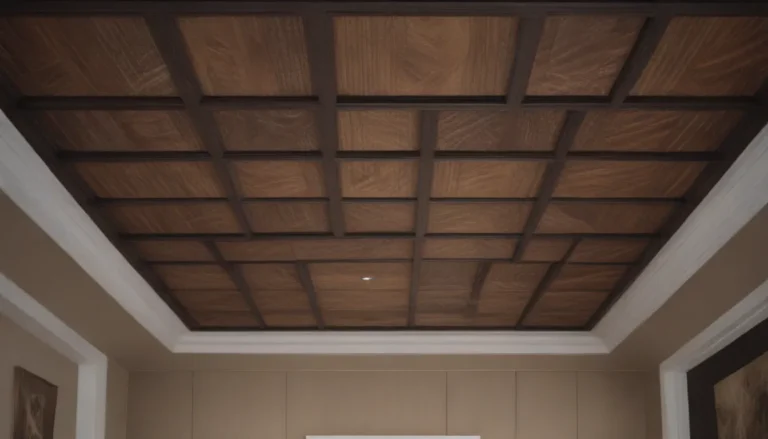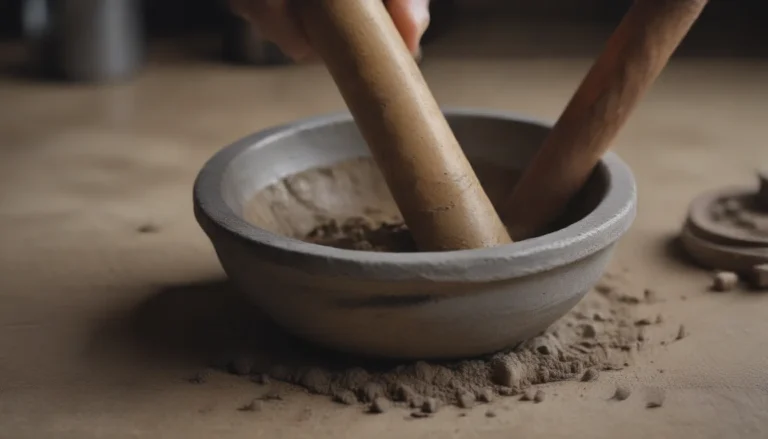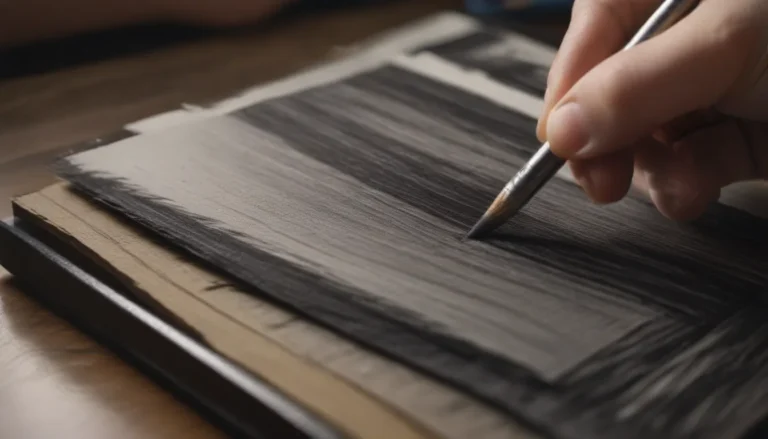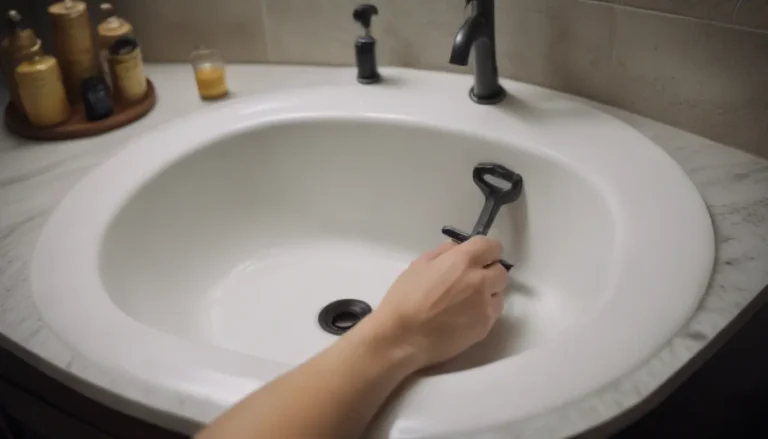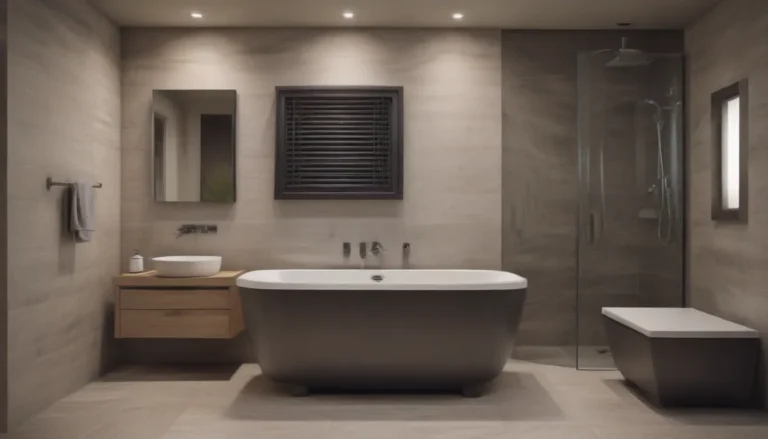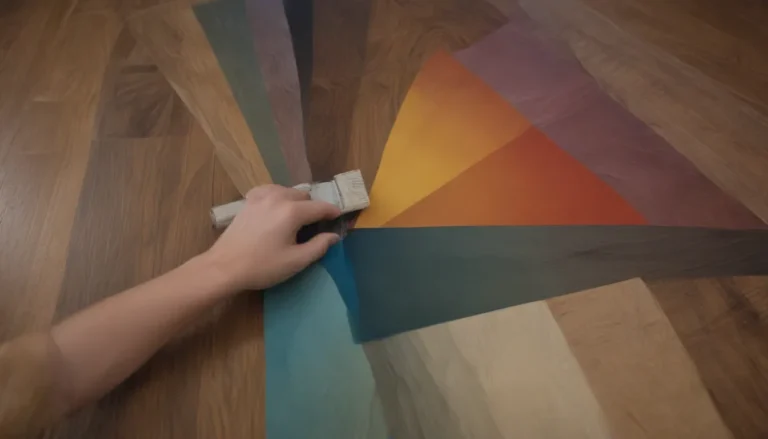Engineered Wood vs. Hardwood Flooring: Everything You Need to Know
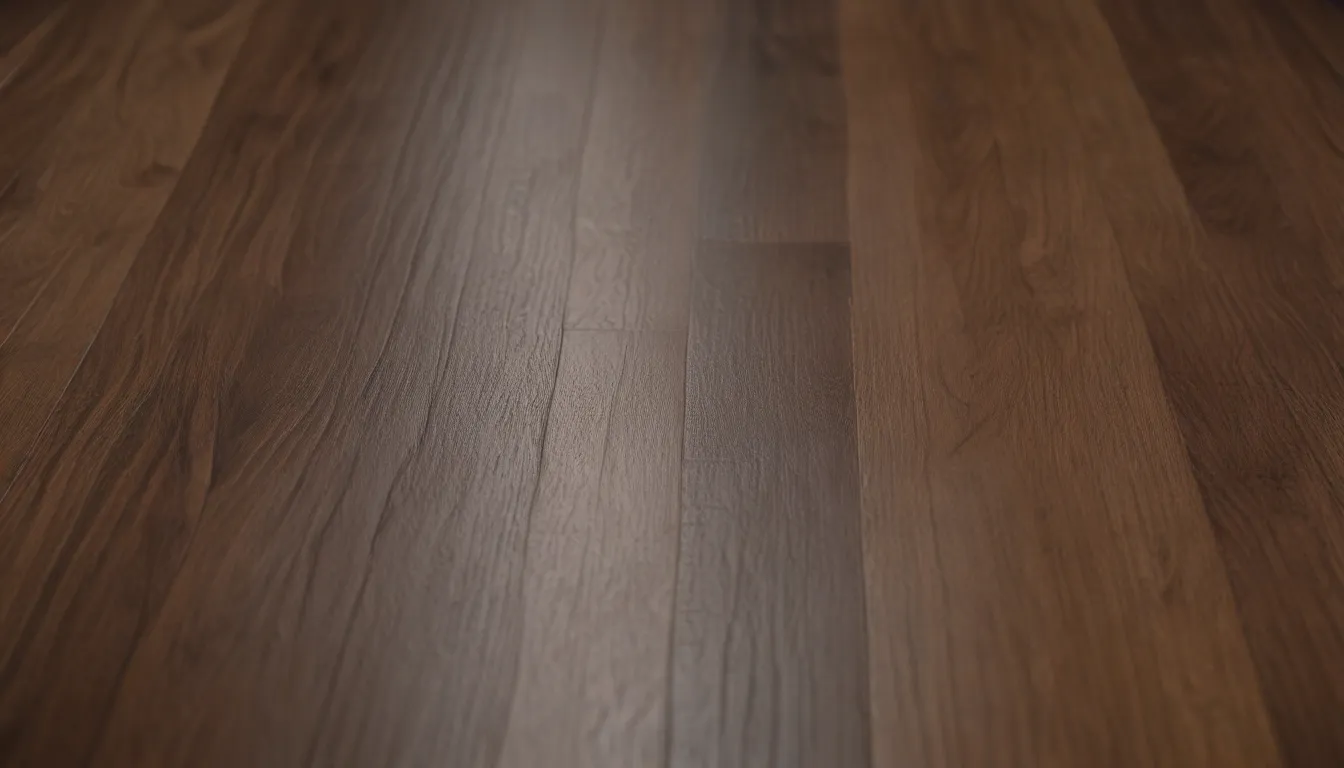
Are you torn between choosing solid hardwood or engineered hardwood flooring for your home? Both options offer the beauty of natural wood, but there are key differences to consider before making a decision. Let’s delve into the world of wood flooring to help you make an informed choice that suits your lifestyle and budget.
Understanding the Core Differences
At first glance, solid hardwood and engineered hardwood may look similar, but their composition sets them apart. Solid hardwood consists of hardwood throughout, while engineered hardwood features a thin layer of hardwood bonded to a plywood substrate. Let’s explore the core differences between the two:
- Solid Hardwood: Each plank is a single piece of wood, making it sturdy and durable. However, it is more prone to water damage in unfinished areas.
- Engineered Hardwood: The plywood core provides dimensional stability, making it less likely to swell or cup when exposed to moisture. This type of flooring typically lasts 20 to 30 years.
Appearance Matters
When it comes to aesthetics, both solid hardwood and engineered hardwood offer a timeless appeal. Here’s a closer look at their appearance:
- Solid Hardwood Flooring: Known for tight seams between boards and a wide range of colors and species.
- Engineered Hardwood Flooring: Mostly pre-finished with wider floorboards and a limited color palette compared to solid hardwood.
Cost Comparison
Cost is a significant factor in choosing between solid hardwood and engineered hardwood flooring. Here’s a breakdown of the price difference:
- Solid Hardwood: Prices start at $2.50 to $3 per square foot for utility-grade flooring, with exotic wood species costing $9 to $12 per square foot.
- Engineered Hardwood: Prices begin at $2.50 to $3 per square foot for lower-cost wood species, with most falling in the $6 to $7 per square foot range.
Lifespan Considerations
The lifespan of your flooring is crucial for long-term investment. Here’s what you need to know about the durability of solid hardwood versus engineered hardwood:
- Solid Hardwood: Lasts 30 to 50 years and can be refinished multiple times for extended longevity.
- Engineered Hardwood: Generally lasts 20 to 30 years, with limited refinishing options due to the thin veneer layer.
Noise and Water Resistance
The sound and water resistance of your flooring can impact your daily comfort. Let’s compare solid hardwood and engineered hardwood in these aspects:
- Sound: Solid hardwood is quieter than engineered hardwood, as it absorbs reverberations more effectively.
- Water Resistance: Engineered hardwood performs better in humid environments, resisting warping and delamination better than solid hardwood.
Maintenance Made Easy
Caring for your wood flooring is essential to preserve its beauty. Here are some maintenance tips for both solid hardwood and engineered hardwood:
- Solid Hardwood: Sweep or dry-mop regularly and damp mop only when necessary with a wood-approved cleaner.
- Engineered Hardwood: Daily sweeping or vacuuming is recommended, with occasional damp mopping using a barely damp mop.
Installation and Sizes
The installation process and available sizes can also influence your flooring choice. Here’s what you need to know:
- Installation: Engineered hardwood is ideal for DIY installation, with floating and click-lock options available. Solid hardwood requires professional installation.
- Sizes: Engineered hardwood offers wider planks at lower prices, while solid hardwood typically comes in standard sizes with limited width variations.
Resale Value and Environmental Impact
Considering the resale value and environmental impact of your flooring choice is crucial. Here’s how solid hardwood and engineered hardwood compare:
- Resale Value: While solid hardwood is favored for its longevity, engineered hardwood also holds value in the real estate market.
- Environmental Impact: Solid hardwood requires more trees to be harvested but is biodegradable. Engineered hardwood uses wood byproducts but is not biodegradable due to adhesives.
In the debate between solid hardwood and engineered hardwood flooring, both options have their strengths and weaknesses. Solid hardwood offers prestige and durability, while engineered hardwood provides cost-effective installation and environmental benefits. Consider your priorities, lifestyle, and budget when making your decision. Ultimately, both types of wood flooring can add beauty and value to your home, so choose the one that best suits your needs.
